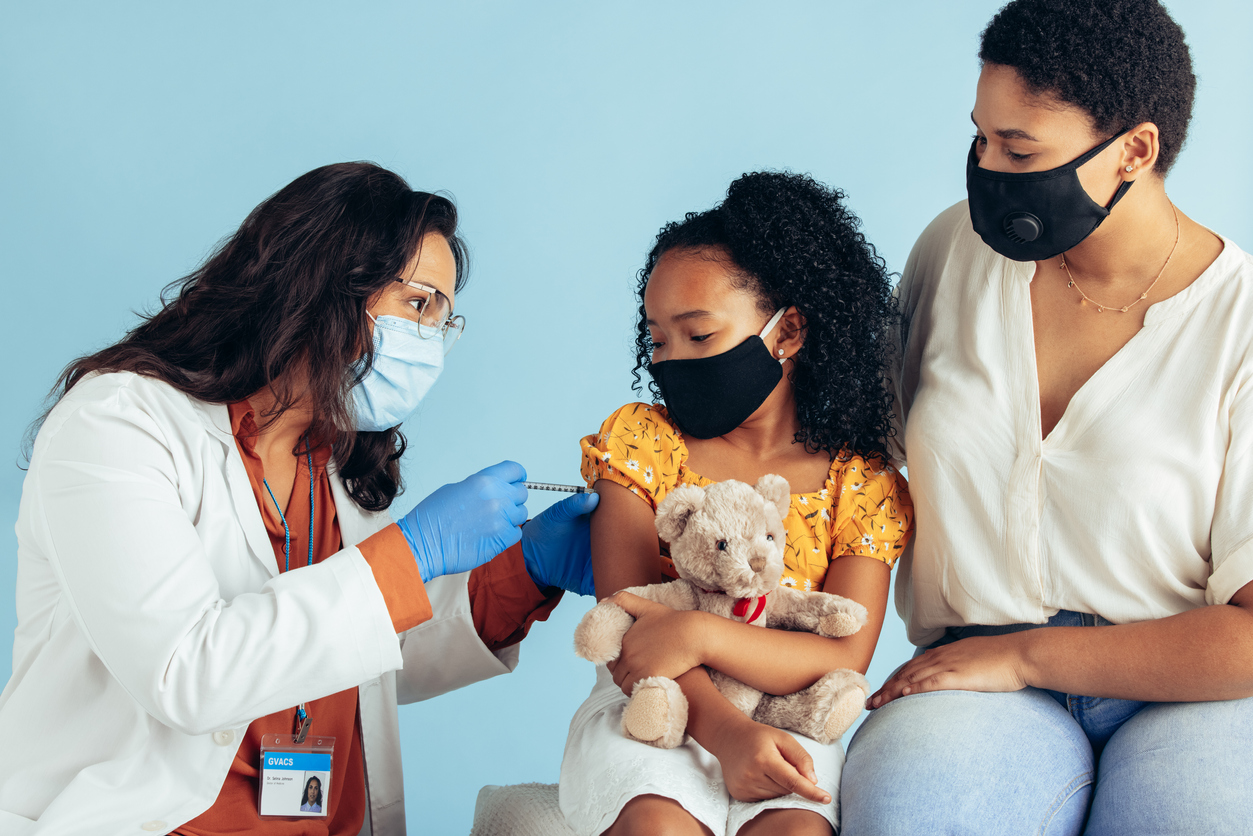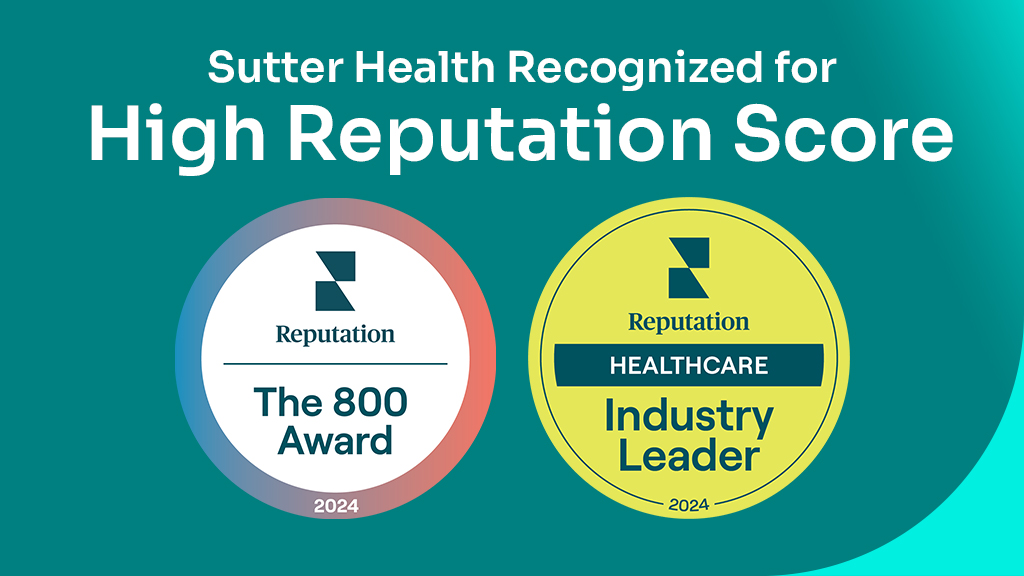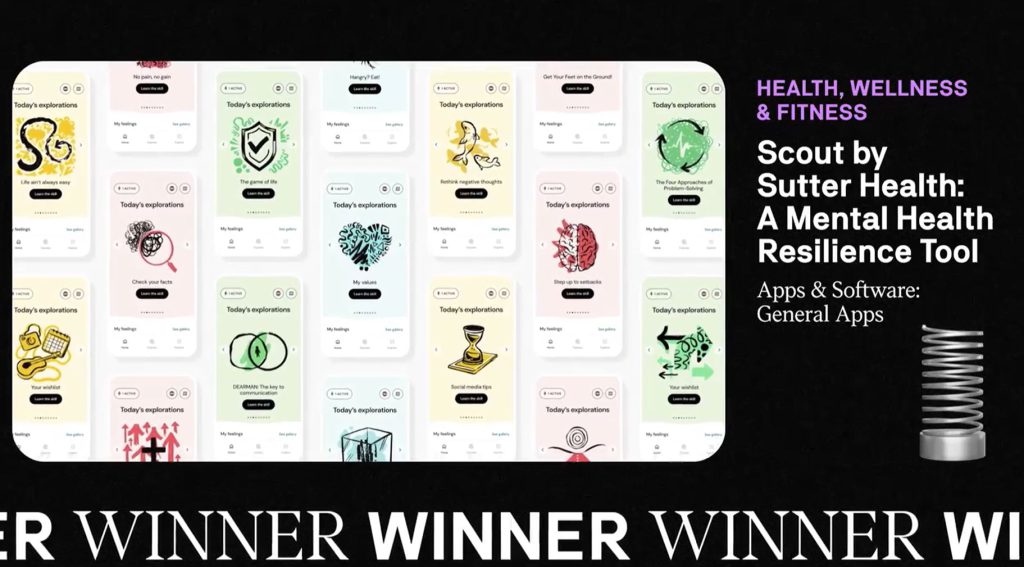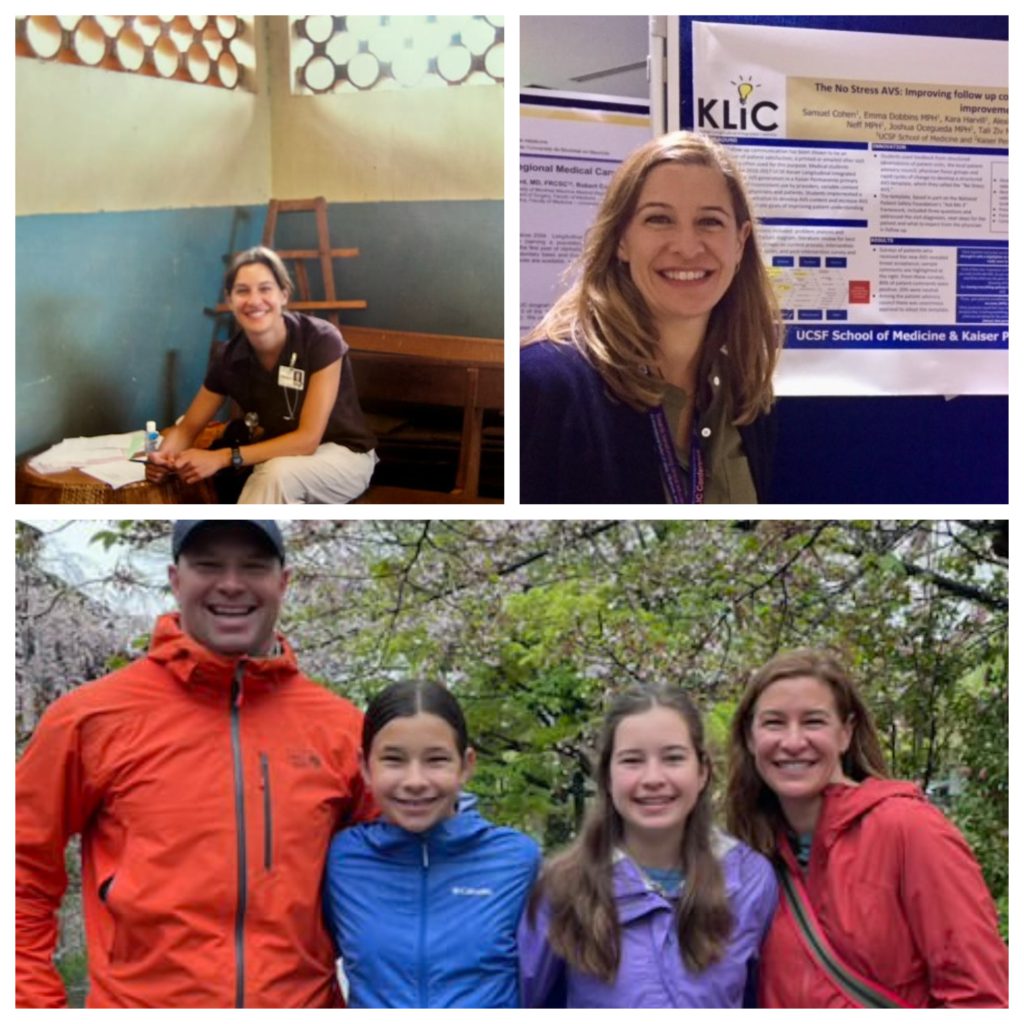By Liz Madison and Emma Dugas, Vitals contributors
Earlier this year, children’s health and advocacy groups declared a national emergency in child and adolescent mental health. These organizations state this longstanding children’s health emergency has only been exacerbated by another one: the COVID-19 pandemic.
Fast forward to now, as the Food and Drug Administration granted approval for the emergency use authorization of Pfizer’s COVID-19 vaccine for children 5 to 11 years old. This youngest group—who are the latest to be vaccinated and meanwhile have experienced many emotional and social challenges presented by pandemic—more than likely have questions and feelings.
Mercedes Kwiatkowski, M.D., psychiatrist with Sutter’s Palo Alto Medical Foundation, provides some perspective and suggestions for parents as they navigate the next phase of COVID-19 with their younger children.
‘What Have You Heard?’
Kids are more likely to listen to you if they feel understood, Dr. Kwiatkowski explained. She suggested asking young children what they may have heard or already know about the COVID vaccine. Children’s responses will lead parents and guardians to better see the young ones’ perspectives or misinterpretations. Dr. Kwiatkowski’s also encouraged adults to ask what additional questions children may have.
“When you answer your child’s questions, be honest,” she said. “Keep details in age-appropriate language. For example, if you’re talking about side effects, you could say ‘Your arm might hurt a little or you may feel tired.’”
Draw Them into the Process
Kids are curious and appreciate context. They don’t like hearing “because I said so.” Dr. Kwiatkowski explained that, in general, children appreciate being informed. They like to understand why they need to do something.
Dr. Kwiatkowski suggested parents or caregivers share how the vaccine can help children’s immune systems, i.e., “If you’re exposed to COVID, you’re less likely to get as sick.” She also suggested explaining how vaccination could benefit children in ways that kids care about: they may have more play dates or they could travel more to see friends and loved ones.
“Your world is going to open up more,” she told her children.
Setting the Stage
Dr. Kwiatkowski stated it helps to prepare young children and manage their expectations as they get ready for their vaccination appointments. She said it can help if you explain where you are going for the appointment, whether it is a retail pharmacy or a community clinic. Driving by the location in advance can help as well.
Honesty is the best policy during this preparation phase, too, said Dr. Kwiatkowski. She emphasized that parents can state the facts. Instead of saying the shot won’t hurt, consider saying that it will feel like a pinch and only for a moment.
Dr. Kwiatkowski also suggested that if a young child has a fear of needles, distraction techniques can be helpful. Bringing a toy, playing music or reading a story can redirect a child’s focus during the shot. Asking the child to look away or posing an unrelated question right before the shot can also help. Deep breathing and visual imagery can also relax and calm the situation.
Mirroring Behaviors
Dr. Kwiatkowski stated that it is important for parents to try and manage their own anxieties during these times, too. Parents can try to model the behavior they wish to set for their children.
“Kids feed off your energy,” Dr. Kwiatkowski said. “Keep positive and excited, as this is an important moment in history.”
Note: This content is not intended to be a substitute for professional medical advice, diagnosis or treatment. Always seek the advice of your physician or other qualified health provider with any questions you may have regarding a medical condition. Never disregard professional medical advice or delay in seeking it because of something you have read on this website.





